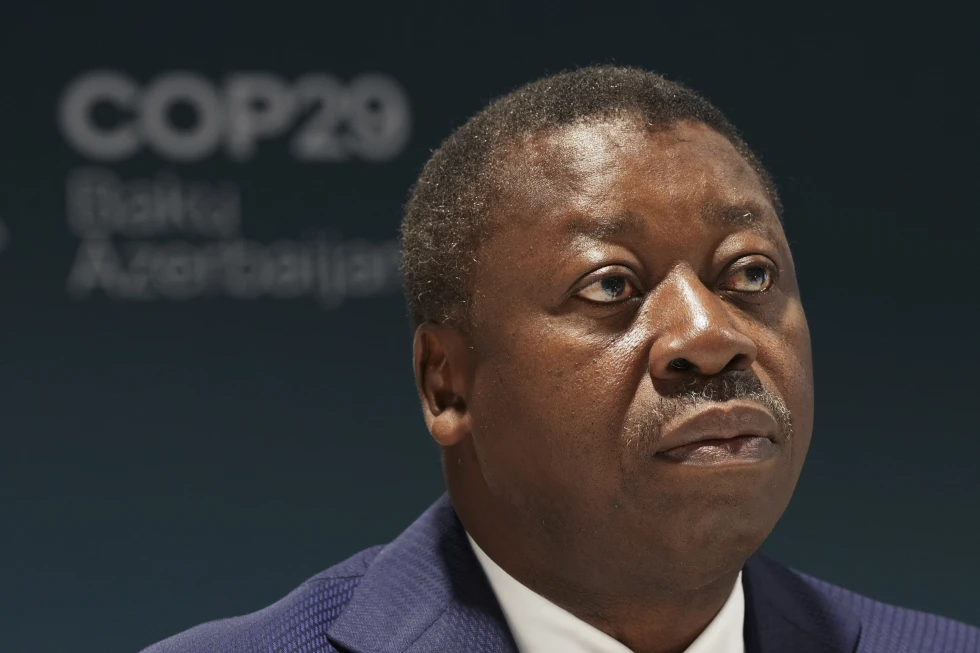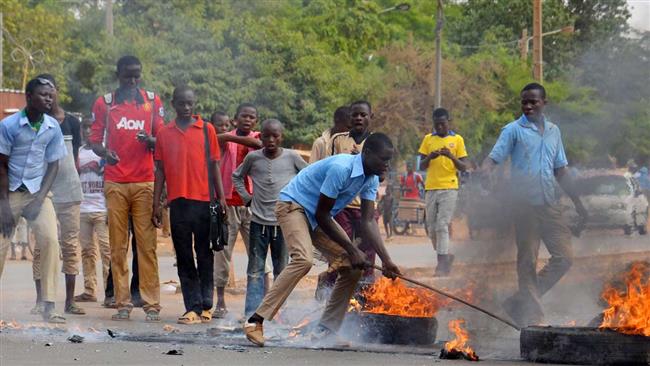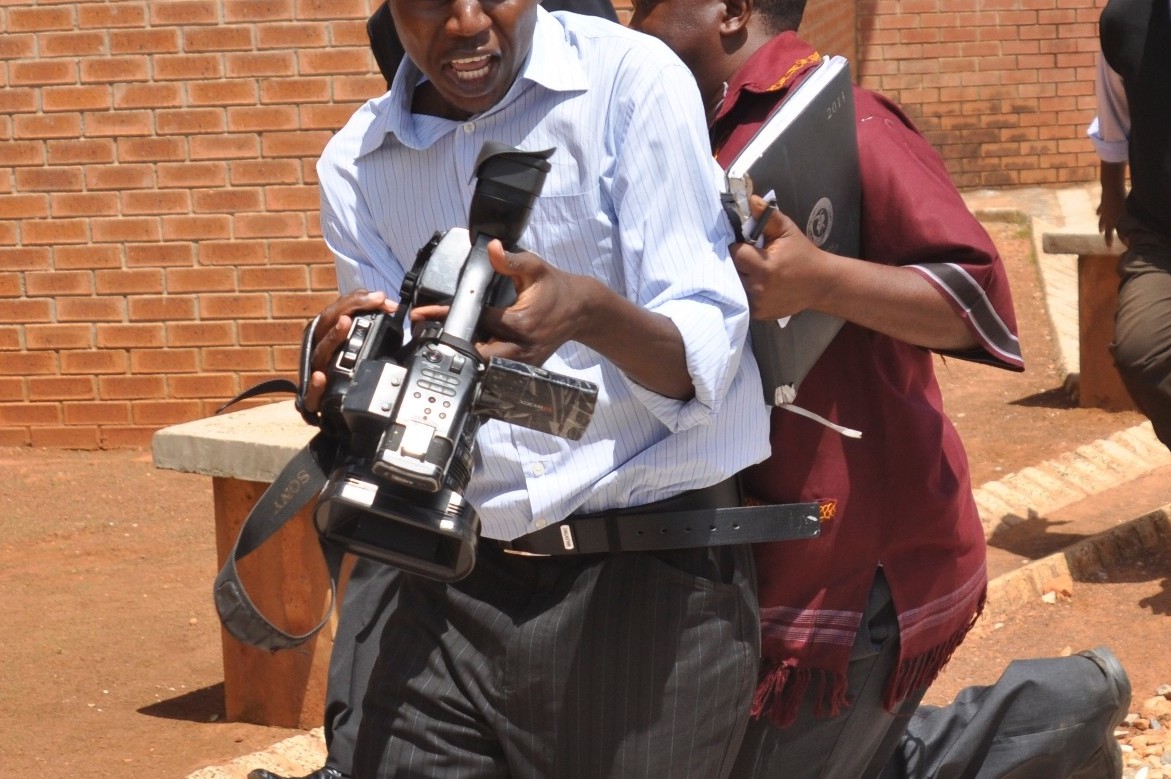On June 5 and 6, security forces in Togo’s capital, Lomé, arrested and reportedly assaulted peaceful protesters demonstrating against recent constitutional reforms and growing economic challenges in the country.
In May 2024, President Gnassingbé oversaw the adoption of a new constitution that abolished direct presidential elections and transferred executive power to the President of the Council of Ministers, a role he assumed on May 3, 2025. The position, voted on by parliamentary representatives, has no term limits and allows reappointment by parliament, prompting accusations of a “constitutional coup” by opposition voices.
In addition to the constitutional change, the rising cost of living has fuelled discontent. On May 5, 2025, Togo’s national electricity company announced a 12.5 percent increase in electricity tariffs.
In response, activists on social media have joined opposition voices and civil society groups to urge fellow citizens to mobilise against the constitutional changes and the socioeconomic conditions. One of these social media activists, the rapper Aamron, was arrested by the authorities on May 26 after he called for a mobilisation on the President’s birthday, June 6.
Beyond opposition parties and activists, religious leaders also raised alarm over the political tensions and the growing muzzling of expression. The Episcopal Conference of Togo (CET), made up of the bishops of the Roman Catholic Church in a country where over 25 percent of the population is Catholic, issued a statement. The group warned, “we are firmly convinced that the country is at risk by harboring frustrations; because a nation is not built sustainably on imposed silence, on fear aroused and maintained, on contempt for the voice of its people, or on a stubbornness in making the people believe the opposite of what is true. Fears and frustrations kill, turn into desperate acts, and silent anger becomes unpredictable explosions.”
Public demonstrations have been practically banned in Togo since 2022, after a deadly attack in Lomé’s central market. Nevertheless, on June 5 and 6, 2025, demonstrators defied the ban and some were arrested during peaceful protests. By June 10, about half of those arrested had been released, with around 25 still in custody.
In a statement released after the protests, the Touche pas à ma Constitution (Hands Off My Constitution) coalition of opposition parties and civil society groups declared, “the illegal Constitution the government is attempting to impose will not pass.” The group emphasised that the Togolese people would never accept the “monarchisation of the Republic”, describing the events of June 5 and 6 as a turning point in the country’s political struggle.
The MFWA calls for the immediate and unconditional release of all remaining detainees and urges the Togolese authorities to drop all charges and respect the people’s right to express their concerns through peaceful assembly.





